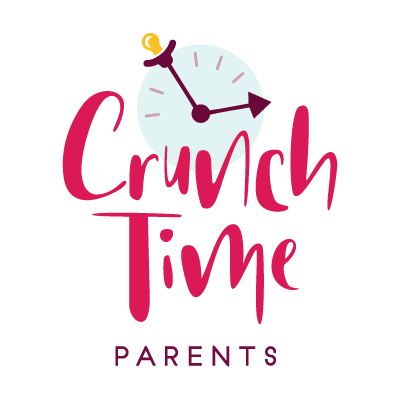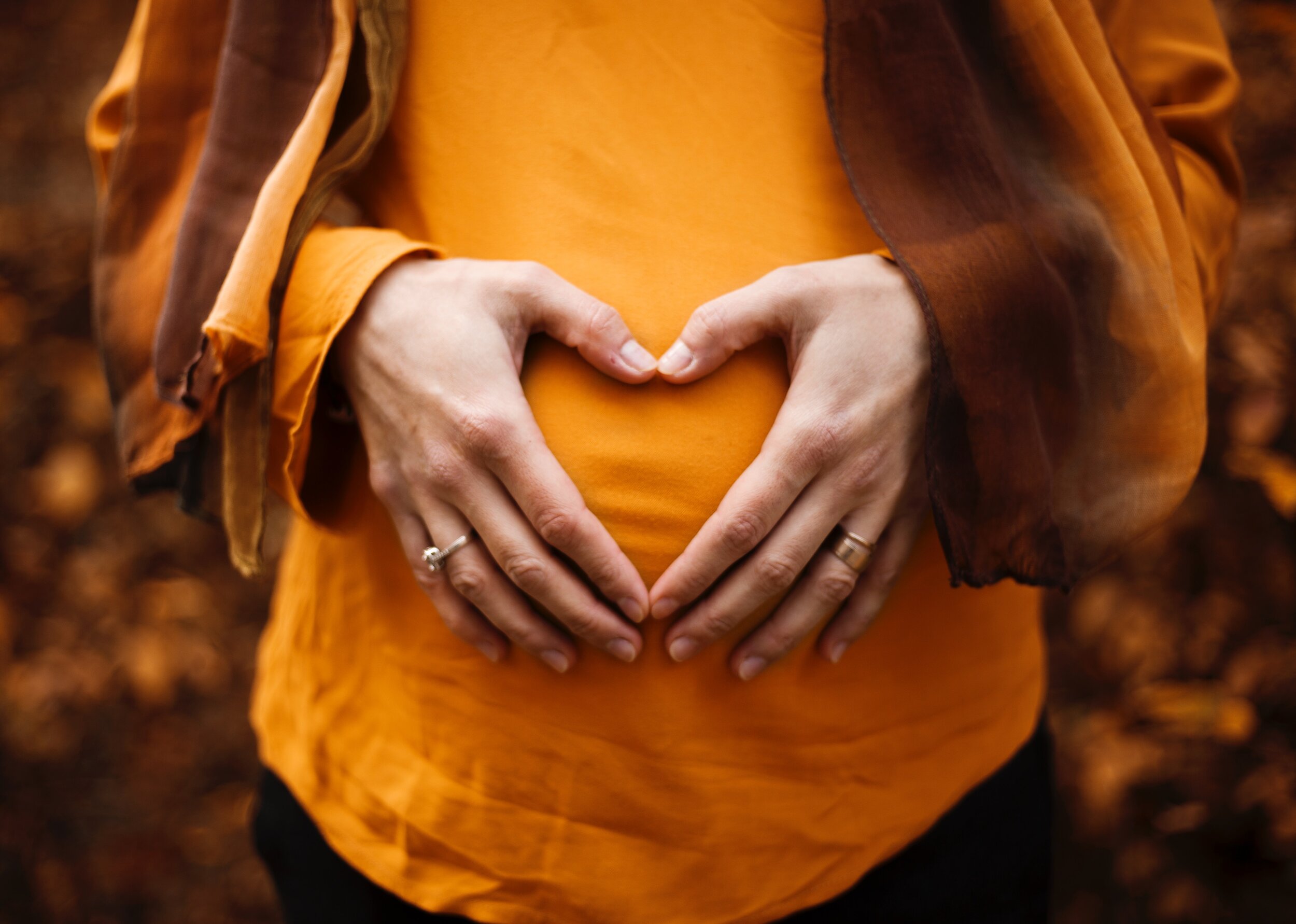This Report on How the Media Covers 35-and-Older Celebrity Pregnancies Strikes the Wrong Tone
/Chrissy Teigen: Photo by David Shankbone via Wikimedia Commons
Another week, another attack on women's reproductive choices. The latest one comes, oddly enough, as a result of a New York University study about how popular magazines talk about celebrities of advanced maternal age and their kids. The report is getting picked up by the international media, from the BBC to The Times.
Titled "Age Is Just a Number:’ How Celebrity-Driven Magazines Misrepresent Fertility at Advanced Maternal Ages," the NYU report argues that magazines are misleading women into believing they, too, can get pregnant after 35 without any trouble and without having to use any fertility treatments—since their favorite celebrities are easily having kids well into their 40s. The report focuses on how three magazines—Cosmopolitan, US Weekly, and People—cover older celebrities' pregnancies and births, and faults those magazines for not mentioning whether those stars struggled to conceive or received any interventions.
The results of the media study are worth looking at, and it's always crucial to analyze the ways in which issues that impact women, celebrity or otherwise, are covered in the press. But the tone of this report is somewhat condescending, and oddly punitive-sounding for an academic study.
The NYU researchers examined coverage of advanced-age celebrity pregnancies and births from 2010 to 2014. In the hundreds of print issues they looked at, a total of 240 celebrities, more than half of them of advanced maternal age, were mentioned in connection with pregnancy or childbirth. "In total, only 2 subjects were reported as having used ART (Advanced Reproductive Technology)," says the report. "This number increased to 6 when including celebrities publicly known" to have used interventions.
The researchers found mentions of seven celebrities over age 44 who "were depicted as pregnant or having delivered healthy infants with no mention of ART." In only 10 cases, says the report, older celebrities were reported as having adopted their kids, and no mention was made of any fertility problems prior to the adoptions.
Here's what the NYU report concludes: "Reproductive-aged women frequently overestimate the likelihood of fertility at advanced reproductive ages, resulting in the devastating consequence of unintended childlessness. We hypothesize that popular media over-represents celebrity pregnancies at advanced reproductive ages and thus contributes to public misconceptions surrounding age-related fertility decline....Widely-consumed popular media downplays the impact of age on fertility and glamorizes pregnancy at advanced ages.... Magazine content reflects a continued stigma surrounding the use of ART and further the public’s misconceptions about fertility at advanced reproductive ages. This depiction perpetuates the general notion that fertility is ‘flexible’ and is highly damaging to young women."
It should go without saying that women have a right to up-to-date, clear information about fertility and reproductive options so we can make the decisions that are best for us and our families, without being misled by the media or the medical community. But if women are being misled, let's talk about how to enhance health education so women can take advantage of the expanded choices we now have about how to live our lives, and how and when to become parents or not—and what the risks associated with those options might be.
But no woman, celebrity or not, should be under any obligation to publicly reveal her fertility struggles or to share private information about how and why and when she had kids, especially when the media doesn't usually respect celebs' privacy in the first place.
Sarah Jessica Parker: Photo By Bjoertvedt via Wikimedia Commons
It's not US Weekly or Cosmopolitan or People's job to educate us about a particular individual's fertility struggles in a story about Chrissy Teigen or Sarah Jessica Parker or any other celeb's kids. (Teigen and her husband John Legend, by the way, did choose to publicly share their difficulties in conceiving, and after IVF they're the proud parents of a baby girl. Sarah Jessica Parker and Matthew Broderick have also spoken about their fertility struggles, and have a son as well as twins born in 2009 to a surrogate).
Suggesting that women who are having kids late in life are being blindly misled, or implying that we're incapable of making informed decisions about our own and our families' lives, is patronizing. Yes, we need to stay informed about the latest health and reproduction-related facts and data, but that's what the public health system and the medical community are there for (whether or not they're actually doing their job is another question).
On a related note: The NYU report doesn't address the reality that many advanced maternal age women do get pregnant naturally and without struggle. A great many also do not, and the reproductive struggles and risks are real and can impact anyone, not just older parents. Certainly fertility declines as we age, although not as precipitously after age 35 as we've been led to believe. And advanced-maternal-age pregnancy and childbirth does come with increased risks to the mother and baby. It's important to understand those risks and make decisions based on the latest data and other relevant factors.
But the reality is that women now do have many more viable options about how and when and why to reproduce (or not), and the numbers of women over age 35 giving birth to healthy babies are steadily rising. Yes, choices and risks typically do get more complicated as we age, and we deserve to know about all of those. But we can do without the patronizing tone.
If the fact that older celebrity moms are having kids, in whichever way they're having them, is helping young women realize that they do have choices, that's a positive development. No, women should not be misled into thinking that those decisions come without potential risk or compromise. But those options nonetheless do exist now for a growing number of women—and more power to Chrissy Teigen, Gwen Stefani, Nicole Kidman, and all the other highly visible women who are showing us that.
Now we need to make sure women are educated as thoroughly and respectfully as possible about those choices and about what they stand to give up or gain, ,without judgment, condescension, or misguided finger-pointing.
Want to read more Crunch Time Parents perspectives on this topic? See also:
The Astonishing (and Good) News About Having Kids After Age 35
A Star Doula Reveals What It Takes to Have a Great Birth at Any Age
What Every 40+ Pregnant Woman Needs: More Clarity, Less Hype




















